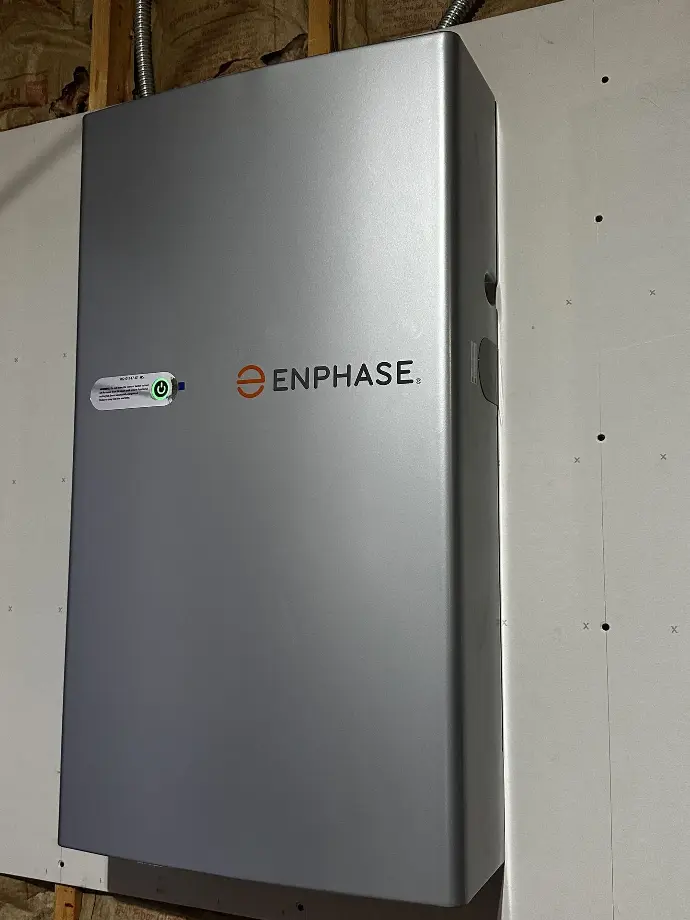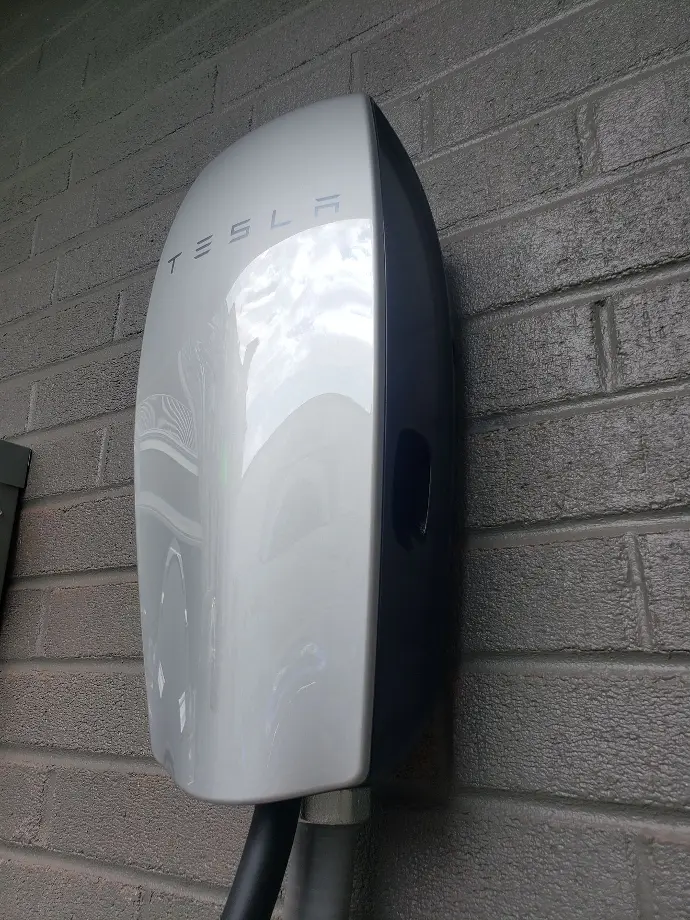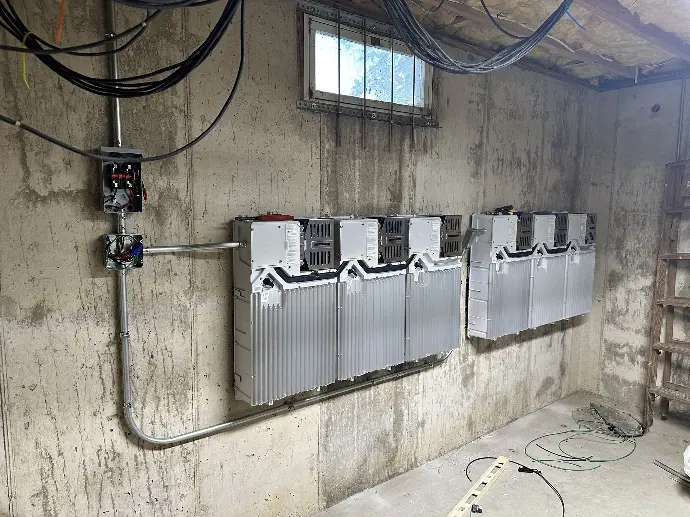**Exploring the Pros and Cons of Solar Battery Installation**
As the demand for renewable energy solutions continues to rise, many homeowners are considering the addition of battery storage to their solar systems. While batteries offer the promise of energy independence and resilience, they also come with their own set of considerations. Let's delve into the pros and cons of getting a battery installed with your solar system to help you make an informed decision.
**Pros:**
1. **Energy Independence:** With a solar battery, you can store excess energy generated during the day and use it during periods of low sunlight or grid outages. This reduces reliance on the grid and provides greater autonomy over your energy usage.
2. **Resilience:** Batteries serve as a backup power source during grid outages, ensuring uninterrupted electricity supply for essential appliances and devices. This is especially valuable in regions prone to extreme weather events or unreliable grid infrastructure.
3. **Maximized Self-Consumption:** By storing surplus solar energy for later use, homeowners can maximize self-consumption and further reduce reliance on grid electricity. This can lead to greater energy savings and a more efficient use of renewable resources.
4. **Time-of-Use Optimization:** Batteries allow homeowners to take advantage of time-of-use electricity pricing by storing energy when rates are low and discharging it during peak hours when rates are high. This can lead to significant cost savings on electricity bills.
**Cons:**
1. **Initial Cost:** Solar batteries represent a significant upfront investment, adding to the overall cost of a solar system. While prices have decreased in recent years, batteries can still be expensive, potentially extending the payback period of your solar investment.
2. **Limited Capacity:** Most residential batteries have limited storage capacity, meaning they may not be able to power all of your home's appliances for an extended period during a blackout. Sizing the battery appropriately to meet your energy needs is crucial but may result in higher costs.
3. **Maintenance Requirements:** Like any other technology, solar batteries require periodic maintenance to ensure optimal performance and longevity. This may include software updates, battery capacity checks, and monitoring for potential issues.
4. **Environmental Impact:** The production and disposal of batteries can have environmental consequences, including resource extraction, manufacturing emissions, and end-of-life recycling challenges. However, advancements in battery technology aim to mitigate these impacts through improved efficiency and recycling programs.
In conclusion, the decision to install a battery with your solar system depends on your energy goals, budget, and individual circumstances. While batteries offer undeniable benefits in terms of energy independence and resilience, they also come with costs and considerations that warrant careful evaluation. By weighing the pros and cons and consulting with solar professionals, homeowners can determine whether a solar battery is the right choice for their energy needs and sustainability objectives.


